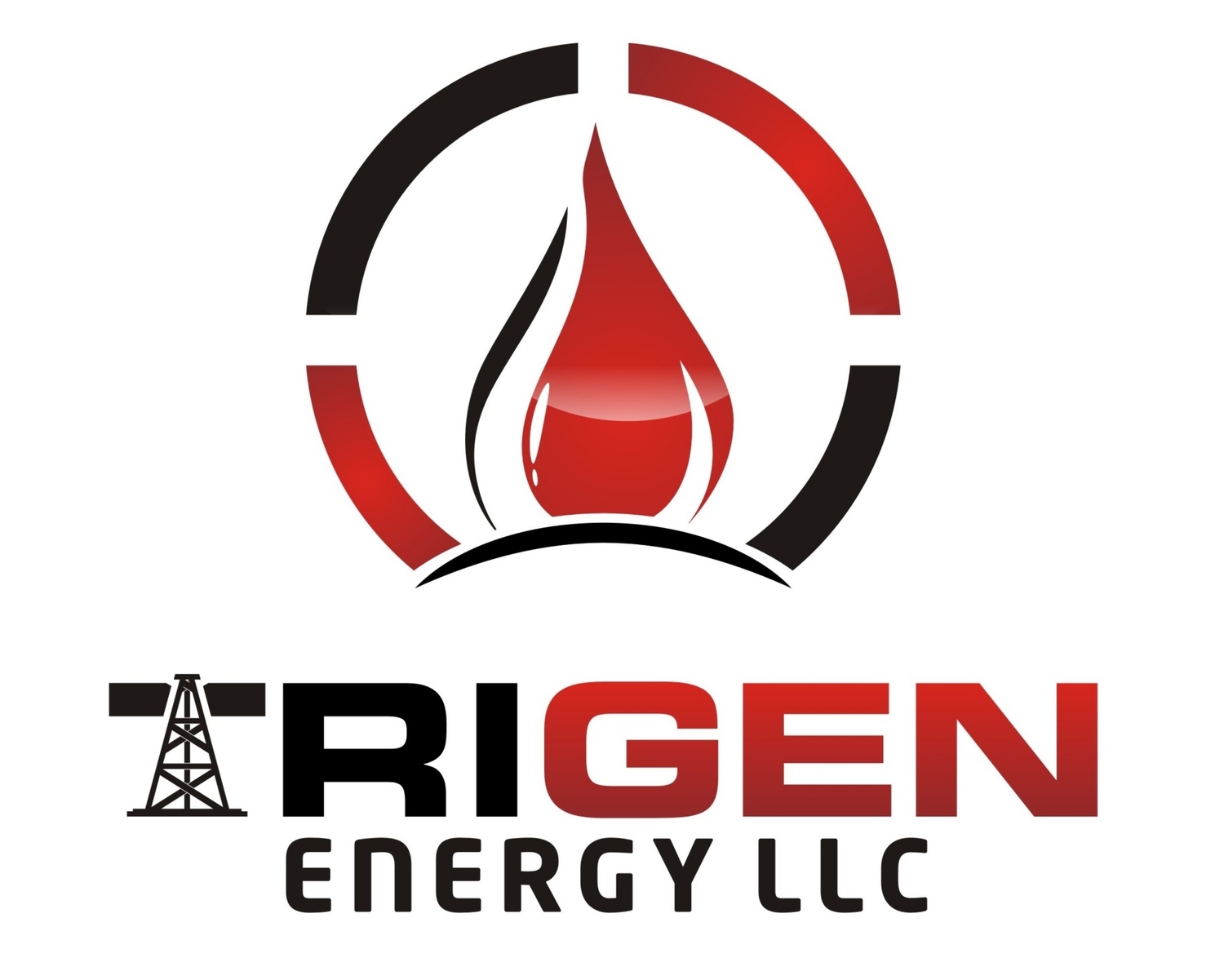Ethical Considerations of Using AI for Land Work
Artificial intelligence is a topic of conversation in many industries, and land services is no exception. While AI represents an opportunity to drive efficiency and innovation, the technology poses a new set of challenges.
Let’s explore the topic of AI and why partnering with a reliable land company is key.
Food for Thought: AI & Land Services
From internet search recommendations to home appliances and golf club technology, artificial intelligence has permeated many aspects of modern life. It’s therefore no surprise that land companies are seeking to leverage AI, too. While the potential seems practically endless, land professionals should pause to carefully consider a few ethical situations.
Protecting Jobs vs. Increasing Value: Having an AI bot generate title statements in a flash sounds appealing, especially from a time and cost standpoint. However, doing so may reduce or eliminate the need for professionals who are skilled at validating data integrity. Taken to the extreme, such scenarios could put title agents out of work, creating a void of real-world experience.
Ensuring Information Accuracy: Artificial intelligence is still in its infancy, and the technology can return politically correct, vague, and even inaccurate information. Case in point, one of our team members recently used AI to understand carbon capture and storage (CCS) legislation in Wyoming. The AI-generated results seemed incorrect, prompting the team member to expand his research. After an internal discussion, it turned out that the AI bot was confused by the prompt’s wording—instead of “CCS” the term “CCUS” (carbon capture, utilization, and storage) had been used. As demonstrated by this example, AI can be confused by subtle differences in wording.
Applying Common Sense to Complex Situations: Energy projects can be politically charged and elicit strong feedback from members of a community, especially those opposed to development. Asking an AI bot to assess community sentiment—without applying local know-how and common sense—may lead to skewed information and flawed assumptions.
Preserving Accountability: Title insurance companies require verifiably accurate information to underwrite policies that protect buyers and sellers. Companies can be sued for errors and omissions, but can AI models be held accountable? Only time will tell.
Maintaining Honest, Transparent Billing: In some cases, AI may perform a task within seconds that previously required hours. Many land companies bill for their services on an hourly basis. One can see how providers may be tempted to engage in less-than-ethical billing practices.
Let’s Find a Middle Ground
At Trigen Energy, we’re actively experimenting with a number of AI use cases while remaining mindful of ethical considerations. Our next article will share ideas for using AI in a responsible way.
Questions? Contact us to start a conversation.

